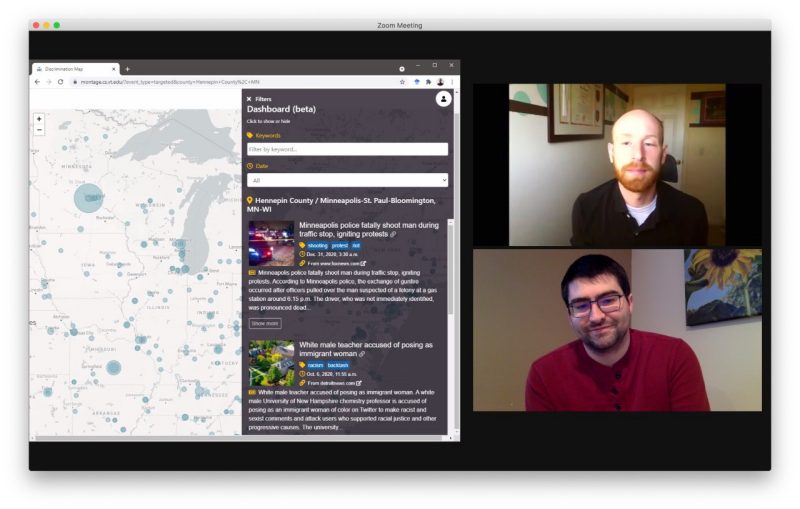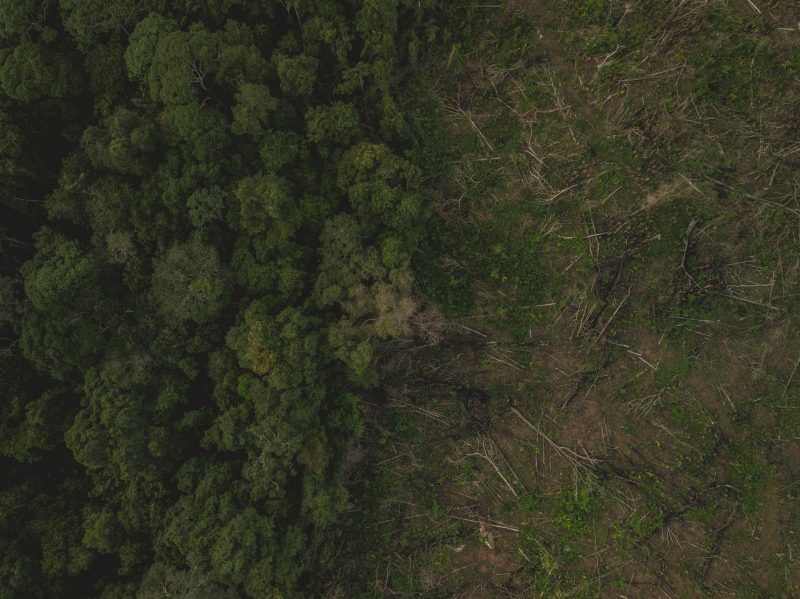Class of 2024: Andreea Sistrunk graduates with a Ph.D., a life lesson, and a motto to live by

Andreea Sistrunk’s motto, “A best solution to everything is up to us to uncover,” evolved on her path to earning a Ph.D. in computer science at Virginia Tech’s Northern Virginia campus.
“In the beginning, I found myself overwhelmed and at times discouraged by how fast technology is advancing,” she said. “As hard as I was trying, I could not get the data I needed for my work.”
Sistrunk’s research for her dissertation is at the intersection of computer science, education policy, and geographical information systems and related to Redistrict, an online software platform built by a team of researchers at the Sanghani Center for Artificial Intelligence and Data Analytics to help school districts with their rezoning efforts.
Read full story here.



